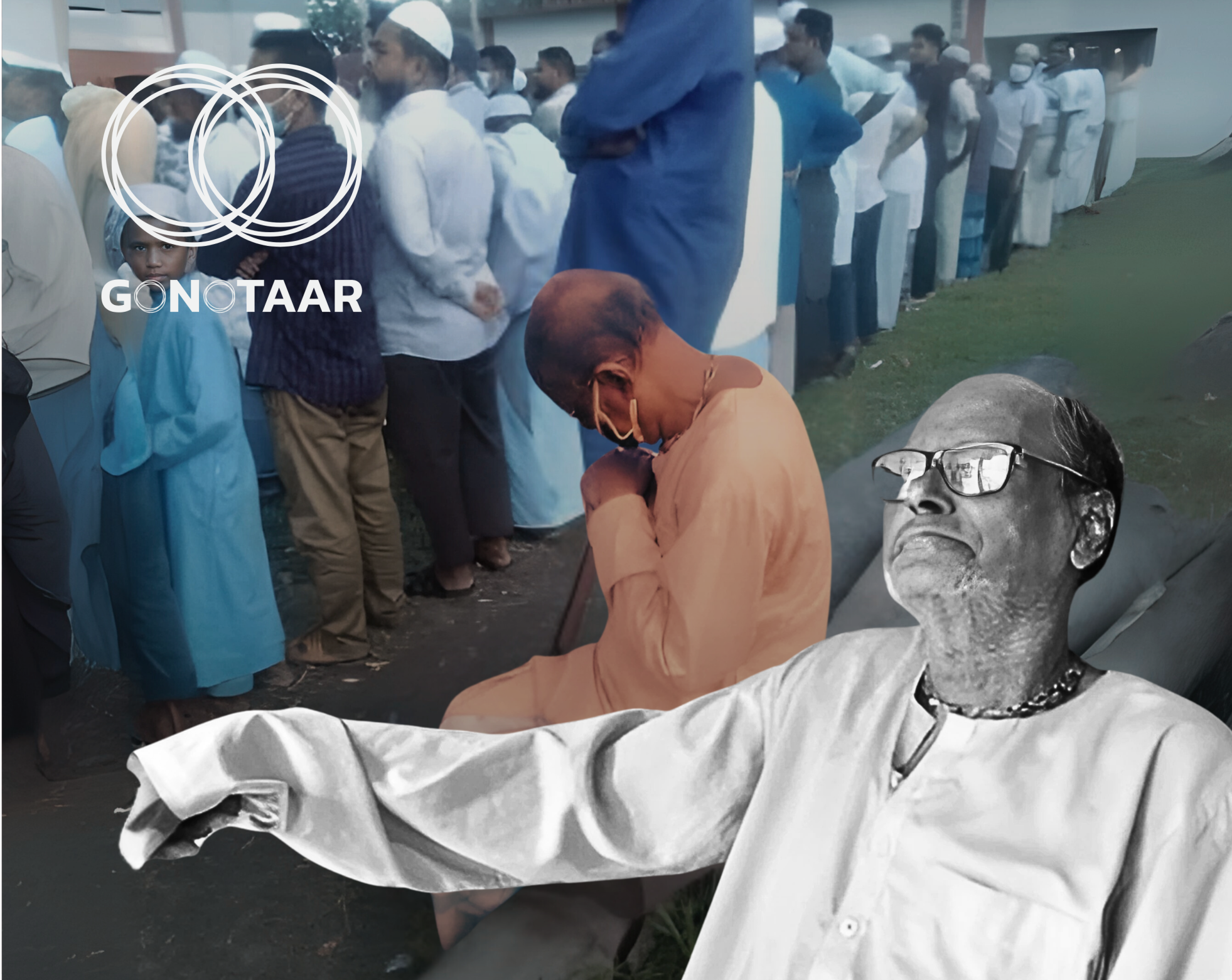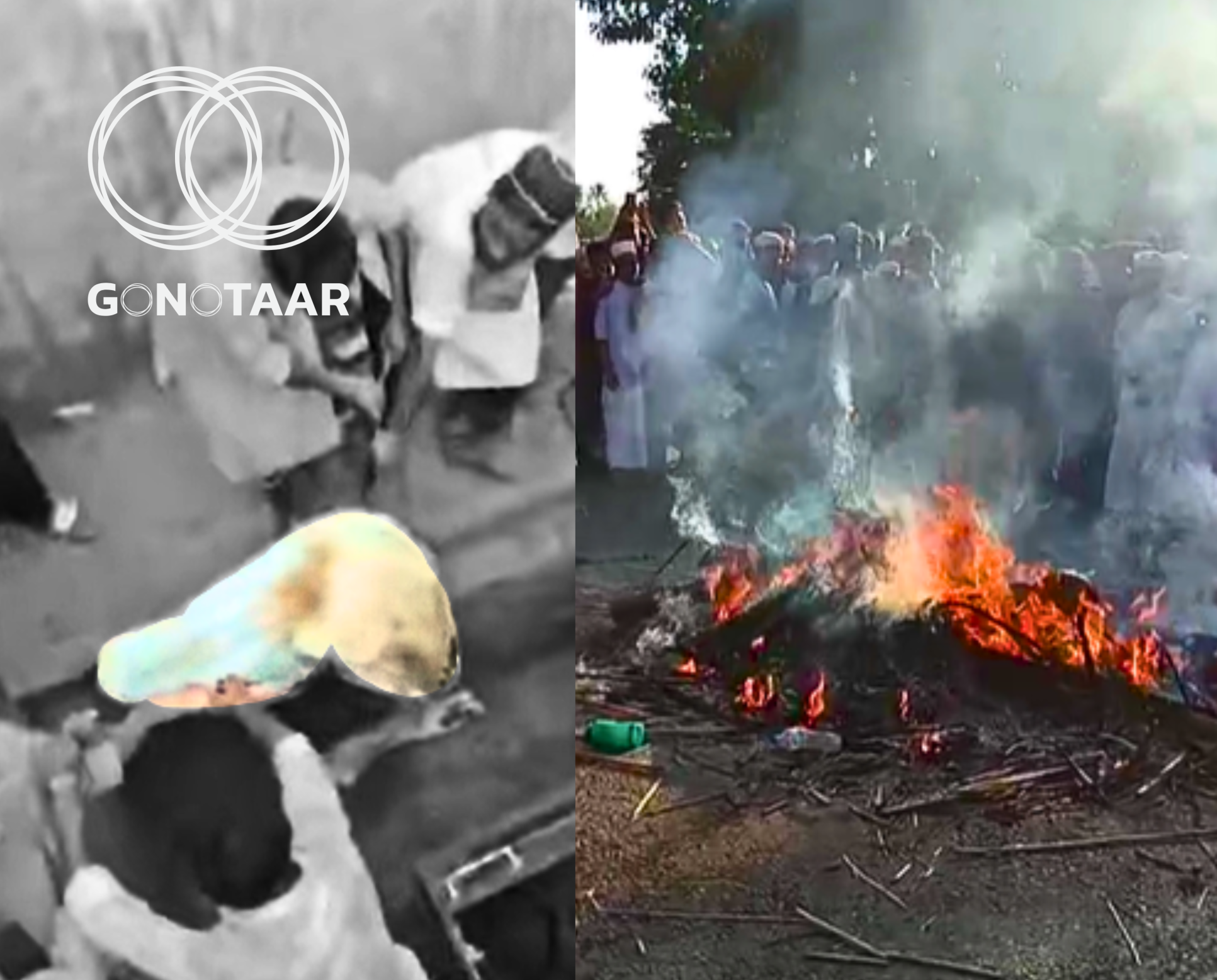The Election Commission (EC) has officially added ‘Shapla Koli’ (lotus bud) to the national list of electoral symbols, ending weeks of speculation over the long-contested demand by the National Citizen Party (NCP) for the ‘Shapla’ (lotus) symbol.
A gazette signed by EC Secretary Akhtar Ahmed was published on Thursday, confirming the updated symbol list for registered political parties and independent candidates. The new notification includes both newly added and removed symbols—among them ‘Shapla Koli’, which was absent in the previous list issued on 24 September that contained 115 symbols.
The NCP, a youth-led political party born out of last year’s anti-government movement, had persistently demanded the ‘Shapla’ symbol as its electoral identity. The Election Commission, however, had repeatedly denied the request, claiming legal and procedural barriers. Just weeks ago, Chief Election Commissioner A.M.M. Nasir Uddin and senior EC officials had publicly stated that ‘Shapla’ could not be allocated as it was not part of the approved schedule.
Despite Thursday’s gazette being seen as a breakthrough, NCP leaders expressed strong dissatisfaction, accusing the EC of deliberate ambiguity.
Speaking at a seminar titled “Implementation of the July Charter and the Future of National Elections” in Dhaka, NCP Chief Coordinator Nasiruddin Patowary said,
“The Commission has given us Shapla Koli—we don’t know on what basis. But we remain uncompromising on the question of Shapla. If necessary, we’ll launch a democratic movement to ensure it.”
Patowary also criticized BNP and Jamaat for what he called “hypocrisy” and “bargaining politics,” saying the so-called note of dissent in the Consensus Commission was in reality a “note of cheating.”
In a separate press conference, NCP Senior Joint Convener Samanta Sharmin described the EC’s move as “deceptive,” saying,
“We asked for Shapla, they gave us Koli. This is psychological pressure—they want to treat us like children. If they can give Koli, they can give Shapla too.”
Sharmin further alleged that the EC’s handling of the issue reflected a discriminatory attitude toward new political forces. Other party leaders present at the briefing demanded that the decision be reviewed and corrected immediately.
Echoing similar frustration, NCP Joint Convener Dr. Tasnim Zara said the party was committed to signing the July Charter, but only after its implementation path is made “legally transparent.”
Meanwhile, NCP’s northern organizer Sarjis Alam reiterated earlier that there was “no legal barrier” to assigning Shapla and that the party would “achieve it through democratic struggle.”
The controversy over the Shapla symbol—now diluted into ‘Shapla Koli’—reflects the broader tension between the Election Commission and emerging political forces seeking recognition in Bangladesh’s evolving post-uprising political landscape.




